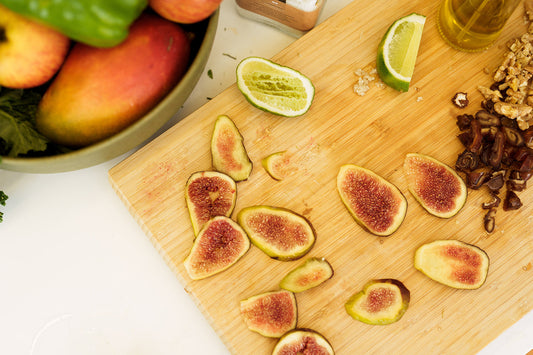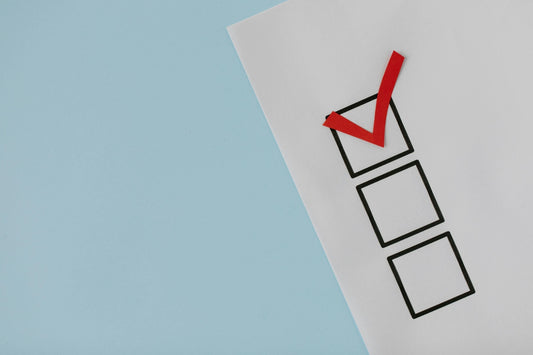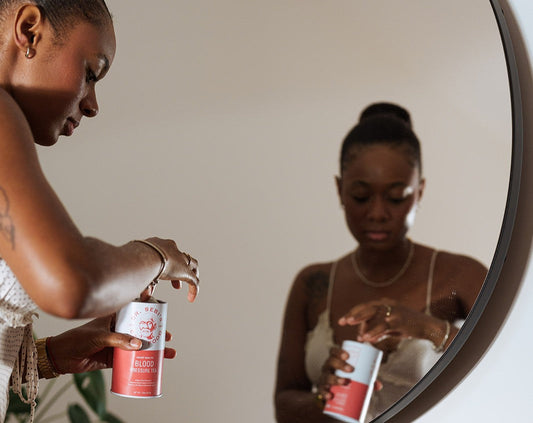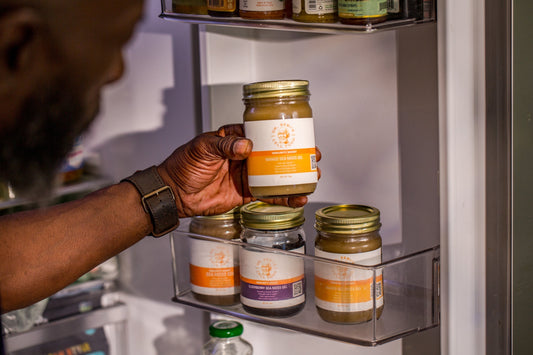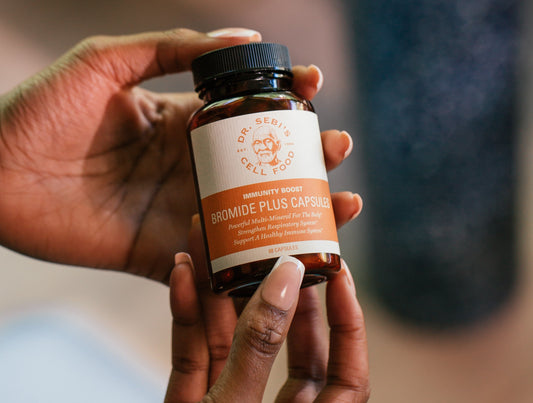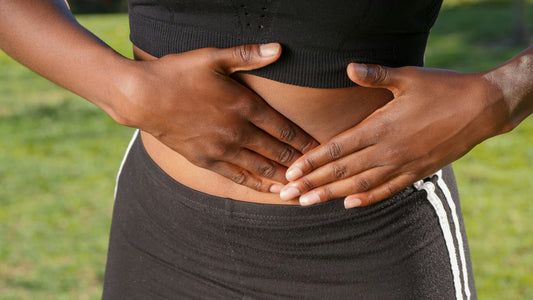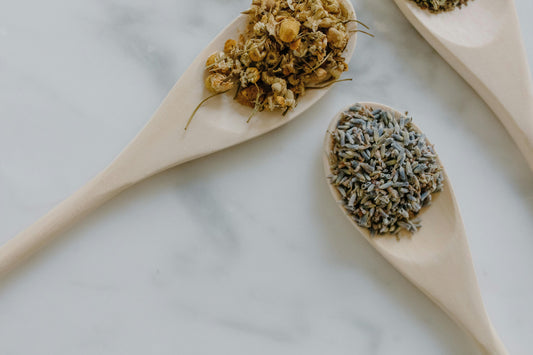Sunlight nourishes us, but too much can disrupt our natural balance. Beyond the common sunburn, sun poisoning is the result of excessive exposure to the sun's powerful rays, leading to an array of severe symptoms.
Affecting more than a third of the US population every year, sun poisoning disproportionately affects those who have fair skin, take medications that increase UV sensitivity, have a history of skin disorders or skin cancer, or live near the equator, per the Centers for Disease Control and Prevention (CDC).
Knowing how to identify these symptoms and how to treat them is crucial, especially when preparing for the summer months when the sun’s rays are more intense. This guide will help you understand the risks and provide holistic strategies for prevention and recovery, keeping you safe and healthy under the sun.
What Is Sun Poisoning?
Sun poisoning refers to a severe skin reaction to sunlight exposure, which goes beyond a typical sunburn. It’s not actual poisoning; rather, it's a term used to describe a condition medically known as polymorphic light eruption.
While the exact cause of sun poisoning isn't fully understood, it’s believed to be related to the body's immune response to the sudden exposure to large amounts of ultraviolet (UV) radiation—both UVA and UVB.
Types of Sun Poisoning
- Polymorphous Light Eruption (PMLE): Often seen in individuals who are sensitive to sunlight, PMLE is a delayed hypersensitivity to UV light. This condition usually presents as a rash that appears as red, itchy bumps or patches on the skin several hours after sun exposure.
- Solar Urticaria: This is a rare form of sun poisoning where exposure to UV light causes hives or large, red welts on the skin within minutes of exposure. Unlike PMLE, the reaction from solar urticaria is immediate, though the welts usually disappear once the skin is shielded from the sun.
Sun Poisoning vs. Sunburn
Sunburn and sun poisoning are both forms of skin damage caused by the sun's UV rays, but they differ significantly in severity and symptoms.
- Sunburn is a mild form of sun damage that leads to skin redness and pain and feels hot to the touch. It typically resolves on its own within a few days.
- Sun poisoning, on the other hand, is a more severe reaction that can include symptoms like skin redness and blistering, along with systemic symptoms such as fever, chills, nausea, and dehydration.
While sunburn can usually be treated with over-the-counter remedies and home care, sun poisoning may require medical attention to manage the more intense reactions and prevent complications.
Symptoms of Sun Poisoning
- Skin Redness and Rash: severe sunburn-like effects that may be accompanied by small fluid-filled blisters or dry, peeling skin
- Swelling: often occurs around the eyes, lips, and on the skin where sun exposure was most intense
- Pain and Tingling: affected areas may be painful or have a tingling sensation
- Headache: can range from mild to severe and often accompanies more intense reactions
- Fever and Chills: elevated body temperature and chills may occur as the body responds to the cellular damage from UV rays
- Nausea and Dizziness: a systemic reaction to sun exposure
- Dehydration: symptoms include dry mouth, thirst, reduced urination, and dizziness
- Fatigue: general feeling of tiredness and lethargy
How to Treat Sun Poisoning
Sun poisoning requires careful management to alleviate symptoms and promote healing. Treat sun poisoning by:
- Applying cool compresses
- Taking cool baths to soothe inflamed skin
- Drinking plenty of water and other hydrating fluids to combat dehydration
- Applying moisturizers like Dr. Sebi’s Eva Salve to aid in skin recovery
- Keeping the affected areas covered and avoiding further sun exposure until fully healed
How to Prevent Sun Poisoning
Preventing sun poisoning involves diligent sun protection. These include:
- Applying natural sunscreen with an SPF of at least 30
- Wearing protective UV clothing like long-sleeved shirts and wide-brimmed hats
- Avoiding the sun during peak hours (10 a.m. to 4 p.m.)
- Wearing UV-blocking sunglasses to protect the eyes
- Drink plenty of water before, during, and after sun exposure
- Avoiding tanning beds, which can be just as damaging as natural sunlight
Following these recommendations, as advised by the CDC, helps minimize the risk of sun poisoning and maintain skin health.
When to See a Doctor
Seek medical attention for sun poisoning if symptoms are severe or don’t improve with home treatment. Signs that warrant professional help include:
- Intense pain and blistering
- High fever
- Confusion
- Severe dehydration
These symptoms may require more advanced treatments, such as hydration therapy, to ensure a safe and effective recovery.
Frequently Asked Questions
1. Can sun poisoning make you sick?
Yes, sun poisoning can indeed make you feel sick. It can cause systemic symptoms such as fever, chills, nausea, and headaches, making it much more than just a skin issue. If you experience these symptoms after excessive sun exposure, it's important to treat the condition and consider seeking medical attention.
2. How long does it take for sun poisoning to go away?
The duration of sun poisoning symptoms can vary, typically lasting anywhere from a few days to a week, depending on the severity of the exposure and individual skin type. Adequate rest and proper treatment can expedite recovery, but if symptoms persist or worsen, consult a healthcare professional.
3. Is sunstroke the same as sun poisoning?
No, sunstroke, also known as heat stroke, and sun poisoning are not the same. Sunstroke is a severe form of heat illness that occurs when the body's temperature regulation fails due to extended exposure to high temperatures, often without adequate hydration. Sun poisoning, on the other hand, specifically refers to severe sunburn from UV radiation that includes systemic symptoms like nausea and dizziness.
4. Should I go to the ER for sun poisoning?
You should go to the ER for sun poisoning if you experience severe symptoms such as extreme pain and blistering, high fever, confusion, signs of dehydration, or if the skin appears pale or clammy. These can be signs of severe dehydration or heatstroke, which require urgent medical attention.



























